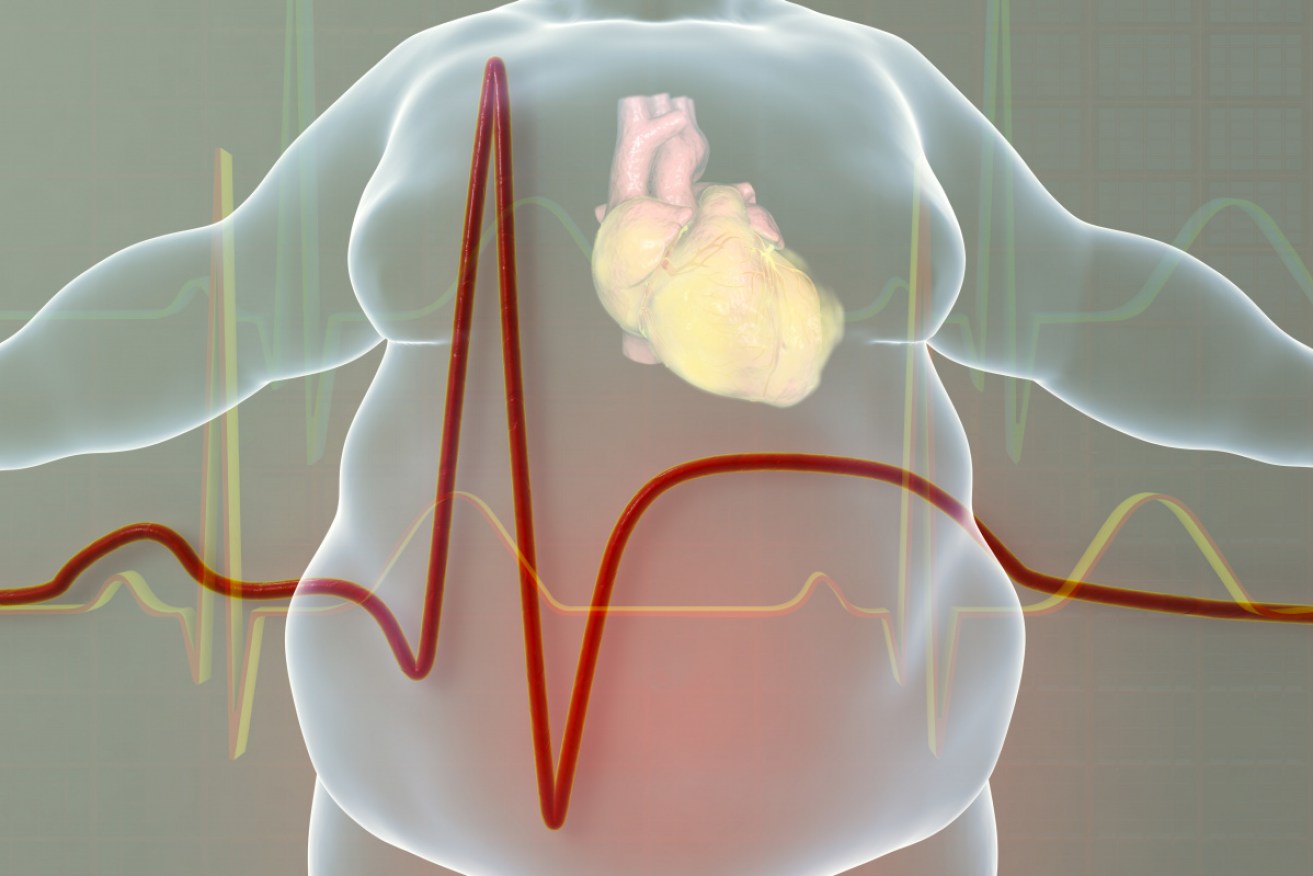Two big killers put brakes on Australia’s life expectancy boom


Decreases in heart disease and cancer death rates are slowing down, national figures show. Photo: Getty
Australia’s decades-long life expectancy boom is coming to an end, and chronic illnesses are mostly to blame, population health experts have warned.
Life expectancy is 80.5 years for Australian men and 84.5 for women, still higher than Western Europe and the USA – but possibly not for long.
“Australia had one of the fastest increases in life expectancy in the 1980s and ’90s. But now other countries have caught up,” Dr Tim Adair from University of Melbourne’s School of Population and Global Health told The New Daily.
The underlying reason for this reverse in fate? Two big killers – cardiovascular disease and cancer – are still claiming too many lives each year.
In 2019, it is estimated that about 50,000 Australians will die from cancer.
In 2017, 43,477 lives were lost due to cardiovascular disease, which includes heart disease and stroke, according to the latest national figures.
Australians’ growing waistlines are adding to this problem, Dr Adair said.
“While we still have one of the highest life expectancies in the world, there are some things to be concerned about, particularly the high levels of obesity.”
Dr Adair and University of Melbourne Laureate Professor Alan Lopez, who recently published their global life expectancy findings in the Medical Journal of Australia, said obesity’s impact on chronic illness was “comparable with that for active smokers”.
“Higher sugar and calorie intake, and their effects on health, including diabetes, obesity, high blood pressure, and high cholesterol levels, are now major public health problems in Australia,” they wrote.
Their comments echo Australia’s leading health organisations, including the Australian Medical Association, Heart Foundation and Diabetes Australia, who have highlighted their concerns around our nation’s obesity epidemic.
And this is why: In 30 years, the average Australian male has gained eight kilograms; and females are now six kilograms heavier, on average.
This figure prompted Heart Foundation’s health economist Bill Stavreski to share this dire prediction in early May:
“If the growth-rate trend for overweight Australians continues to increase, this will place a significant burden on our current health resources and increase the risk of chronic diseases like heart disease,” he told The New Daily at the time.
What about quality of life?
While we are living longer, some of those extra years are lived in poor health, Dr Adair said.
This statement is based on another measure known as the ‘health- adjusted life expectancy’, which factors in a person’s quality of life.
Since 1990, life expectancy has increased by 5.5 years, but the health- adjusted life expectancy has only increased by four years, Dr Adair explained.
“This means that 1½ years of those years, the difference, is actually lived in ill health, on average.
“This has a big impact on families and carers as well, who are looking after people with chronic illnesses,” he said.
Not all doom and gloom
Even though the figures look concerning, there are many positive steps that individuals, governments and researchers can take to better the nation’s health.
“Historically, people have underestimated how quickly life expectancy might increase,” Dr Adair said.
“There are always advances in medical technology, which could have a greater impact in the future.
“At a personal health level, people can talk to their doctor about what risk factors they might have for chronic illnesses and make changes.
“Government can make more investment in preventative measures, particularly physical activity and diet.”








